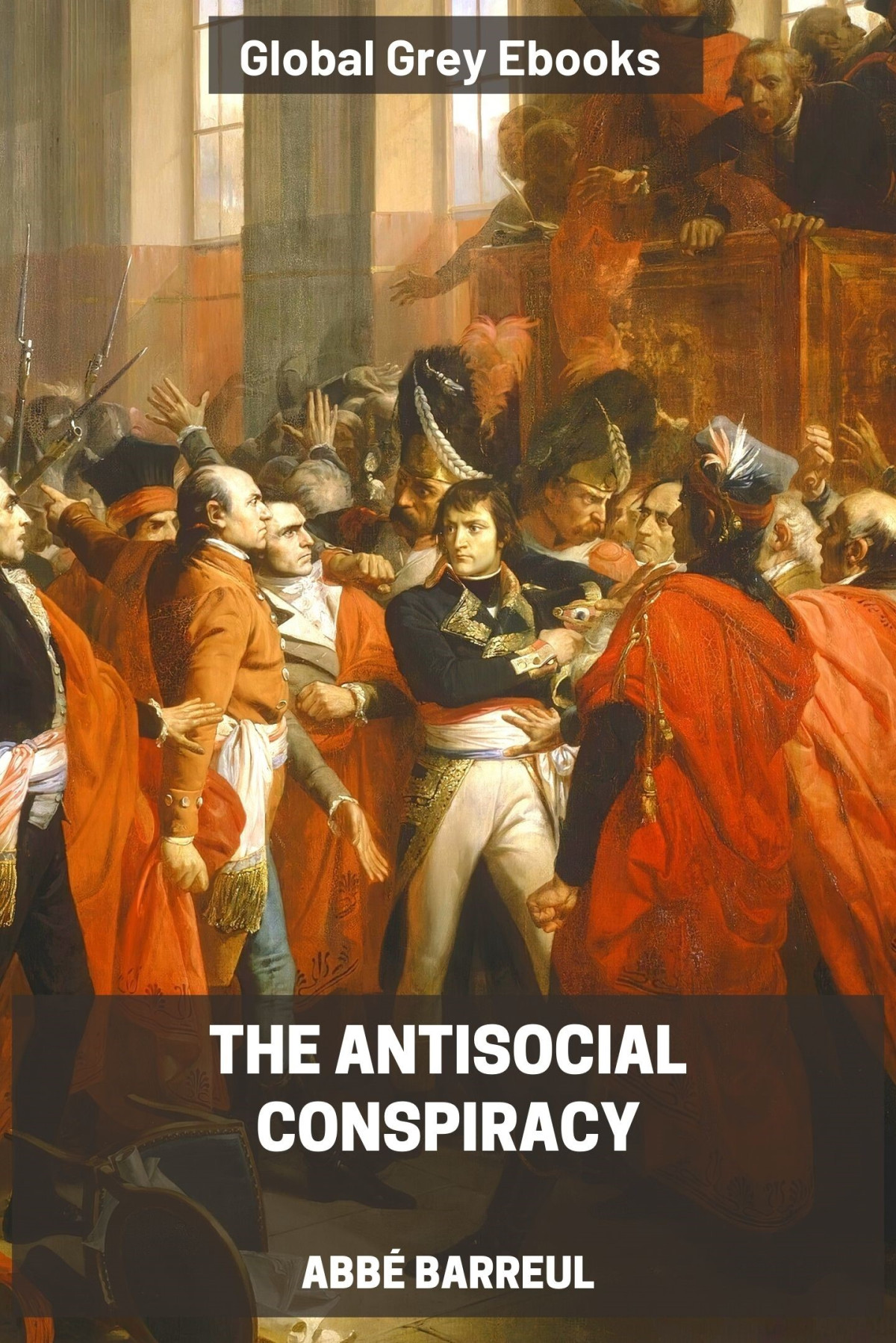

Most ebook files are in PDF format, so you can easily read them using various software such as Foxit Reader or directly on the Google Chrome browser.
Some ebook files are released by publishers in other formats such as .awz, .mobi, .epub, .fb2, etc. You may need to install specific software to read these formats on mobile/PC, such as Calibre.
Please read the tutorial at this link: https://ebookbell.com/faq
We offer FREE conversion to the popular formats you request; however, this may take some time. Therefore, right after payment, please email us, and we will try to provide the service as quickly as possible.
For some exceptional file formats or broken links (if any), please refrain from opening any disputes. Instead, email us first, and we will try to assist within a maximum of 6 hours.
EbookBell Team

4.4
92 reviewsThe Antisocial Conspiracy is the third part of Abbé Barreul's four volume Memoirs Illustrating the History of Jacobinism. First published in 1797, the entire set covers the events surrounding the French Revolution and puts forth the theory that it was a deliberate conspiracy put into place by a coalition of philosophers, Freemasons, and the Order of the Illuminati. This third volume discusses the antisocial conspiracy and the attacks on the church and the throne by the aforementioned secret societies and is of interest because it contains extensive quotes from the actual literature of the Bavarian Illuminati. Along with another major contemporary account, Robison's Proofs of a Conspiracy, it remains one of the most comprehensive works in English on the historical theory, structure and practice of the Bavarian Illuminati. Barruel believed that Freemasons had kept their aims of overthrowing the French monarchy secret for many years by the existence of lodges which assured that should one lodge become exposed, the rest would remain hidden. He goes on to explain how this also worked for the Illuminati - when Adam Weishaupt, the leader of the sect, was discovered and tried in court, no steps could be taken against the group as a whole because there was no evidence of such a universal influence.
This book has 92,668 words, and was originally published in 1797. This translation by Robert Edward Clifford was published in 1798.